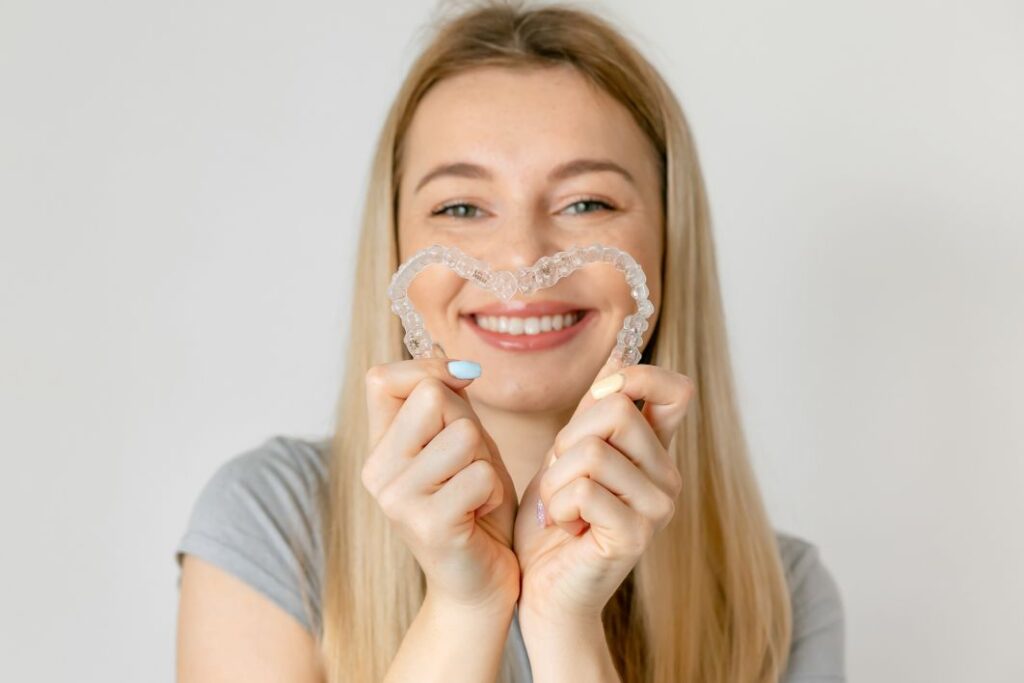
Are you considering correcting your ‘bad bite’ with Invisalign? This dynamic orthodontic treatment works faster and more comfortably than traditional braces, and its discreet appearance makes it perfect for older patients and responsible teens who don’t want to draw attention to their smiles. Unfortunately, however, many patients don’t think they can use Invisalign, because they don’t know if the trays will work for their particular problem. Here’s a closer look at which bite issues it can fix, and a few that it unfortunately can’t.
What Can Invisalign Correct?
Overbite
An overbite is when the teeth on your upper arch close too far in front of your bottom teeth. In addition to sometimes looking very pronounced, overbites can make it difficult to bite into and chew certain foods.
Crossbite
Crossbite is the term used for when your upper teeth are positioned inside the lower teeth. This can also cause chipped teeth and an increased risk of receding gums.
Gaps
Gaps between the teeth can make it harder to brush and floss and leave teeth vulnerable to excess accumulation of bacteria and food particles.
Underbite
An underbite occurs when the teeth on the lower arch stick out further than those on the upper arch. This can increase the risk of tooth damage and can even cause issues with speech articulation.
Crowding
Crowding not only looks bad, but it can also make it difficult to clean between your teeth and increases your risk of interproximal cavities.
Crooked Teeth
Even if the teeth themselves are shaped properly, when they’re not aligned properly, they can appear crooked or jagged. You can have crooked teeth with or without a bite problem.
What Can’t Invisalign Correct?
Now that you know what Invisalign can correct, here are a few problems that it unfortunately cannot fix. If you have any of these problems, you are likely better suited to traditional braces:
- Very short, stubby, round, or pegged teeth may not fit well into an aligner.
- Any molar that is rotated more than 20 degrees, or any tooth that has tilted more than 45 degrees.
- Very large gaps.
- Teeth that must be raised or lowered.
- If you need a midline (the imaginary line down the center of your face) movement of more than 2mm.
- If your teeth have bridges, crowns, or veneers.
With Invisalign, the great news is that despite not being able to correct every dental issue, there is still plenty it can fix. If you’re interested in seeing if this versatile and discreet treatment is right for you, speak to your dentist about Invisalign today!
About Our Practice
At Westgate Dental Care, our team of caring and talented dentists are proud to offer solutions like Invisalign to help correct a variety of bite issues faster and more comfortably than ever before. If you’d like to learn more about this dynamic treatment and see if your own teeth qualify for care, schedule a consultation for Invisalign by visiting our website or calling 847-577-7171
